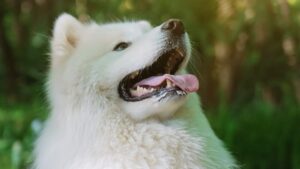
White Long Haired Dog: 13 Breeds
After much deliberation about your next pet, you’ve decided on a white long haired dog, large in size. Doesn’t that sound like you’re aiming to

In the world of pet grooming, a reliable asciugacapelli per cani is a must-have. But what if you could make your own, adding a personal touch to your pet’s spa day? Get ready to embark on a tail-wagging adventure as we guide you through crafting your very own DIY dog hair dryer.
Creating your DIY dog hair dryer requires a selection of tools and materials. Here’s a closer look at what you’ll need:
To embark on your DIY dog hair dryer project, you’ll need:
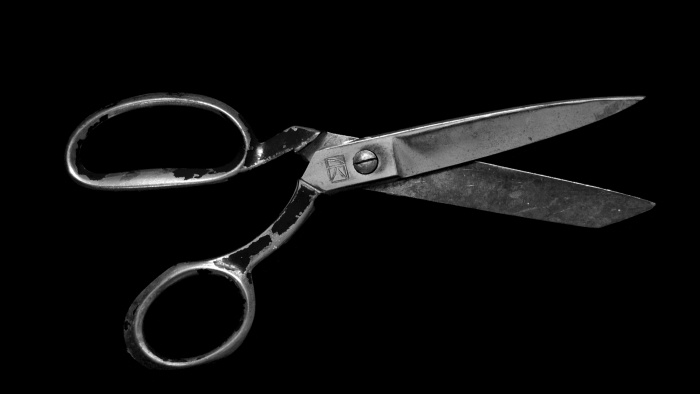
Remember, safety is paramount when selecting materials. Choose items that are non-toxic, heat-resistant, and appropriate for pet use. Now that you have your DIY dog hair dryer toolkit ready, it’s time to move on to the crafting process.
Now, let’s roll up our sleeves and follow these steps to create your custom DIY dog hair dryer:
In the first step of crafting your DIY dog hair dryer, you get to unleash your creativity. Designing your dryer allows you to add a personal touch and tailor it to your pet’s preferences. Consider the following aspects:
Remember that your pet’s comfort and safety should be your top priorities when designing your DIY dog hair dryer.
With your design in mind, it’s time to assemble the necessary components for your DIY dog hair dryer. Follow these steps carefully to ensure a smooth construction process:
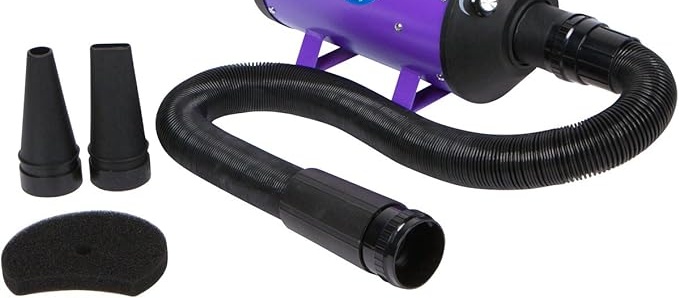
Crafting your DIY dog hair dryer is not only a practical endeavor but also an opportunity to showcase your creativity. As you move through the assembly process, keep an eye on safety and functionality.
As you proceed with your DIY dog hair dryer project, it’s essential to address wiring and safety considerations. Here’s what you need to know:
Safety should be a top priority when working on the electrical aspects of your DIY dog hair dryer. If you’re not experienced with wiring, it’s advisable to seek professional assistance or guidance.
Before you power up your creation, let’s discuss essential safety considerations:
When using your DIY dog hair dryer, safety measures are paramount:
By taking these preventive measures, you can ensure that your pet’s grooming experience with your DIY dog hair dryer is safe and comfortable.
To keep your DIY dog hair dryer in top-notch condition and ensure safety, follow these maintenance and monitoring guidelines:
By incorporating these practices into your pet grooming routine, you’ll ensure the safety and reliability of your DIY dog hair dryer.
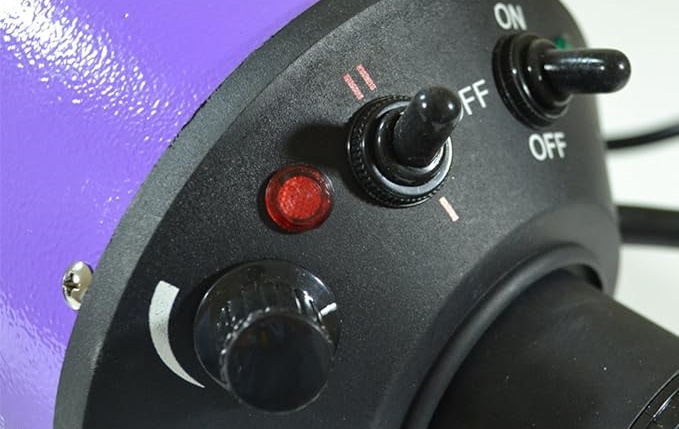
Now that you’ve crafted your custom dog hair dryer, let’s explore how to use it effectively:
Your DIY dog hair dryer can enhance your pet’s grooming experience in various ways:
To make the most of your DIY dog hair dryer, consider these expert tips:
By following these pro tips, you can ensure that your DIY dog hair dryer not only serves its purpose but also enhances the well-being of your pet.
In conclusion, crafting your own DIY asciugacapelli per cani is a rewarding endeavor that allows you to combine creativity and practicality. By following the steps outlined in this guide and prioritizing safety, you can create a personalized grooming tool that your pet will appreciate.
So, grab your DIY toolkit, let your imagination run wild, and create a DIY dog hair dryer that both you and your furry friend will love. It’s a fun project that adds an extra layer of care to your pet’s grooming routine. Enjoy the process, and may your pet’s tails keep wagging!


After much deliberation about your next pet, you’ve decided on a white long haired dog, large in size. Doesn’t that sound like you’re aiming to
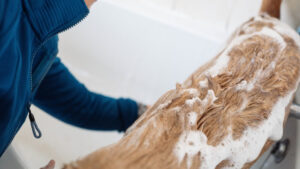
When it comes to the question, “Is Dawn dish soap safe for dogs?” it’s crucial to choose a wash that’s both harmless and effective. While
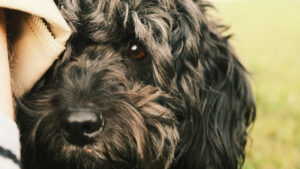
Beginning your Cavoodle grooming guide early is key for a successful experience. Breeders typically start grooming practices when puppies are about two weeks old. This
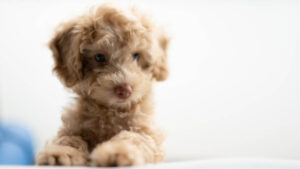
Are you a proud pet owner looking for the best grooming equipment to keep your furry friend looking and feeling their best? Look no further
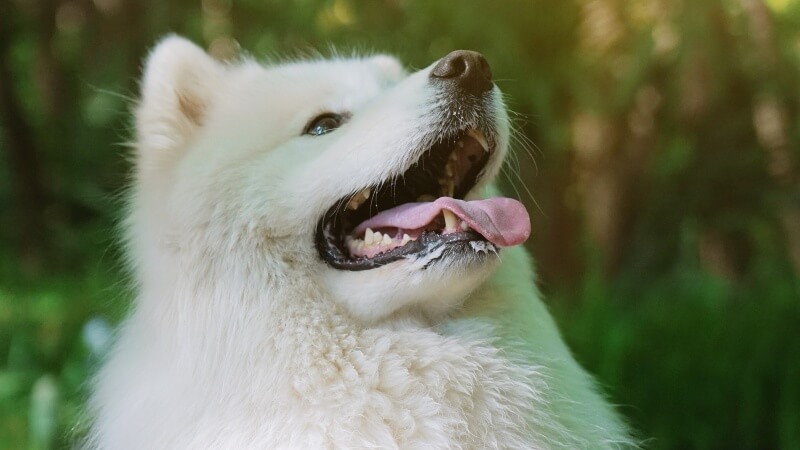
After much deliberation about your next pet, you’ve decided on a white long haired dog, large in size. Doesn’t that sound like you’re aiming to
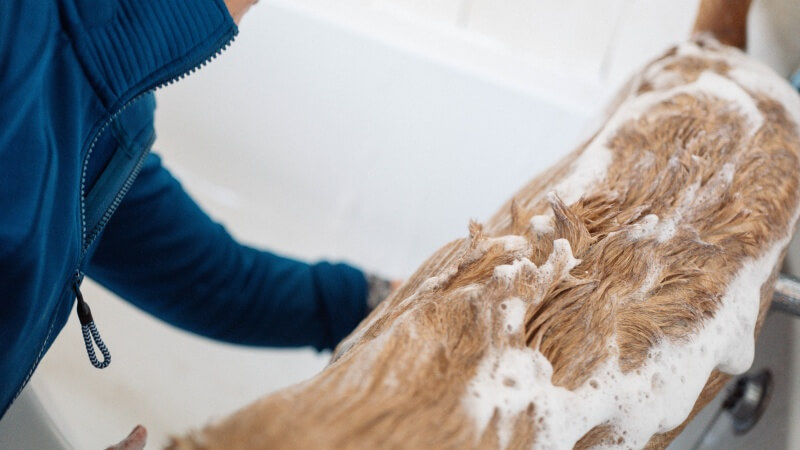
When it comes to the question, “Is Dawn dish soap safe for dogs?” it’s crucial to choose a wash that’s both harmless and effective. While
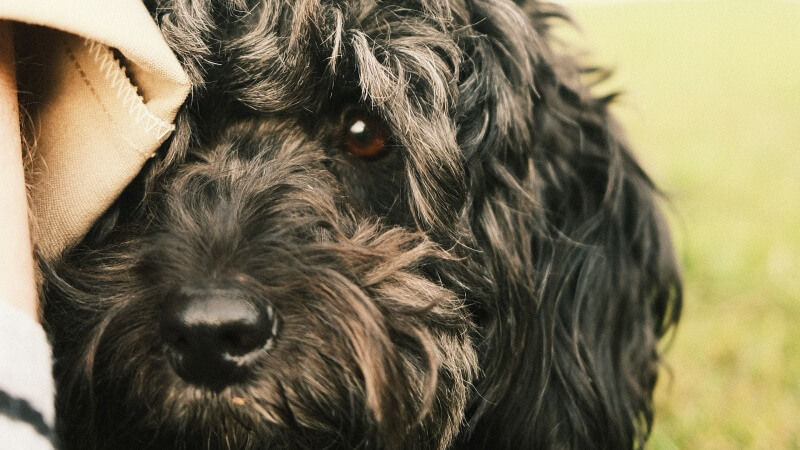
Beginning your Cavoodle grooming guide early is key for a successful experience. Breeders typically start grooming practices when puppies are about two weeks old. This
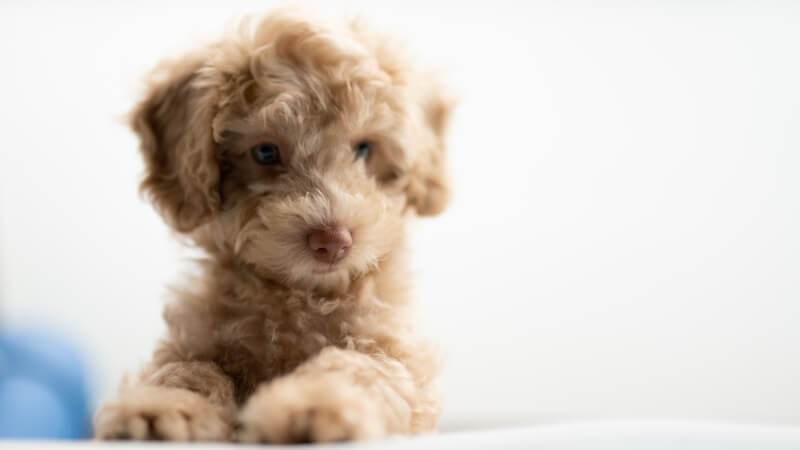
Are you a proud pet owner looking for the best grooming equipment to keep your furry friend looking and feeling their best? Look no further
Copyright © 2024 puppyhairdryer. All Rights Reserved.